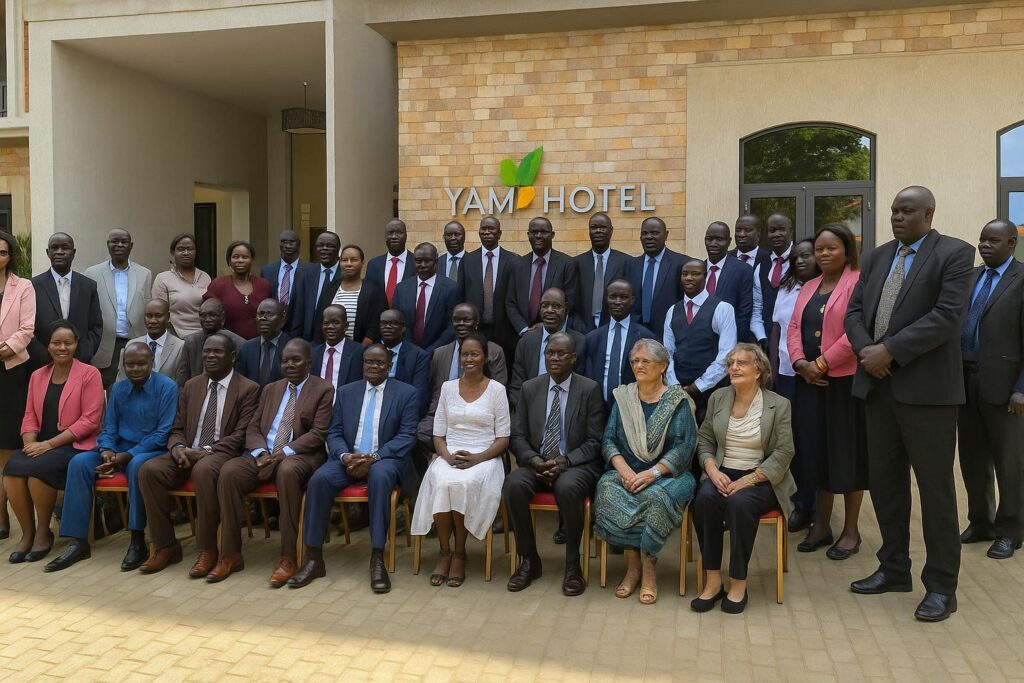Strategic Workshop Targets Gender-Based Violence Justice
On Wednesday, a three-day workshop opened in Juba, gathering 30 High Court judges and magistrates to sharpen responses to gender-based violence cases. The event marks a fresh push to translate South Sudan’s transitional justice commitments into courtroom practice.
Center for Inclusive Governance Leads Capacity Drive
The Centre for Inclusive Governance, Peace and Justice, led by Executive Director Jackline Nasiwa, organised the training after years of consulting survivors of conflict-related sexual violence. Nasiwa said most victims “want to access justice and legal remedies” and expect courts to act swiftly.
Previous sessions for clerks addressed confidentiality and safe handling of victim files. The current round focuses on judicial decision-making, ethics and trauma-informed questioning designed to uphold the dignity of complainants while safeguarding fair-trial standards.
Survivor-Centred Approach Gains Momentum
Trainers urge judges to place survivors at the heart of proceedings, from evidence handling to sentencing. “Equipping judges with knowledge of GBV, its impact, and the trauma survivors endure is crucial,” Nasiwa stressed.
A participating magistrate told reporters the course matters because “judges make the final decision on the fate of survivors and their pursuit of justice.” That recognition, organisers say, signals growing ownership of survivor-centred principles within the bench.
UNMISS and Judiciary Back Continuous Learning
Sheila Keetharuth, senior women’s protection adviser at UNMISS, said strengthening judicial capacity is vital for accountability in a context where perpetrators often remain at large. She underlined that survivor-centred justice “prioritises rights, needs and agency” over bureaucratic convenience.
Representing the Chief Justice, Supreme Court Judge Stephen Simon Benjingwa urged colleagues to embrace lifelong study. “There are new crimes emerging, and continuous education is essential,” he said, reminding participants that English proficiency remains a core professional requirement.
Looking Beyond Juba’s Sole GBV Court
With South Sudan’s only specialised GBV court still based in the capital, organisers aim to replicate training in the states. Extending expertise, they argue, will chip away at impunity and bring justice mechanisms closer to rural survivors.
For now, participants say the workshop lays a foundation for a quieter judicial revolution—one verdict at a time, delivered with renewed sensitivity to the scars of war and the rights of those who endured it.


